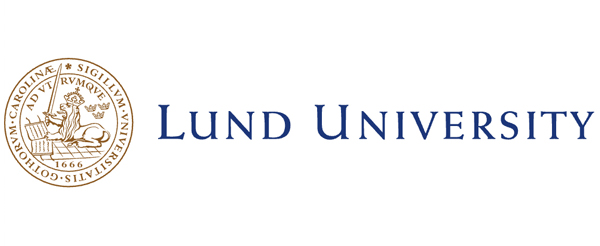The Department of Economic History at Lund University is the largest economic history department in the world
Situated within the Lund School of Economics and Management, the department offers an interdisciplinary approach to studying economic history, combining insights from economics, history, political science, sociology, and other social sciences.
World-leading research hub in African economic history
The department is the center of several research groups, of which the African economic history group is one of the largest. Within this group, doctoral students, postdoctoral fellows, senior lecturers and professors conduct a wide range of research, including everything from inequality and structural change to sustainable development and poverty reduction.
The research covers most parts of sub-Saharan Africa and stretches from the 16th century to the present. This has made the department of economic history a world-leading research hub in African economic history.
Study programs
The department of economic history offers a wide range of courses and educational packages, including the bachelor program Economy and Society and the master’s program in Global Development, Population and Economic Change. About 40 bachelor and 80 master students graduate annually. They enter the labour market well equipped with analytical tools to study societal change from both a quantitative and qualitative perspective.
The department of economic history also offers post-graduate studies. Our PhD program is among the largest in economic history in the world. On average, about six PhD-students are accepted annually. The PhD students work within existing research programs, currently including everything from female wage labour in the early-modern age to immigration and labour market opportunities in the twenty-first century.


